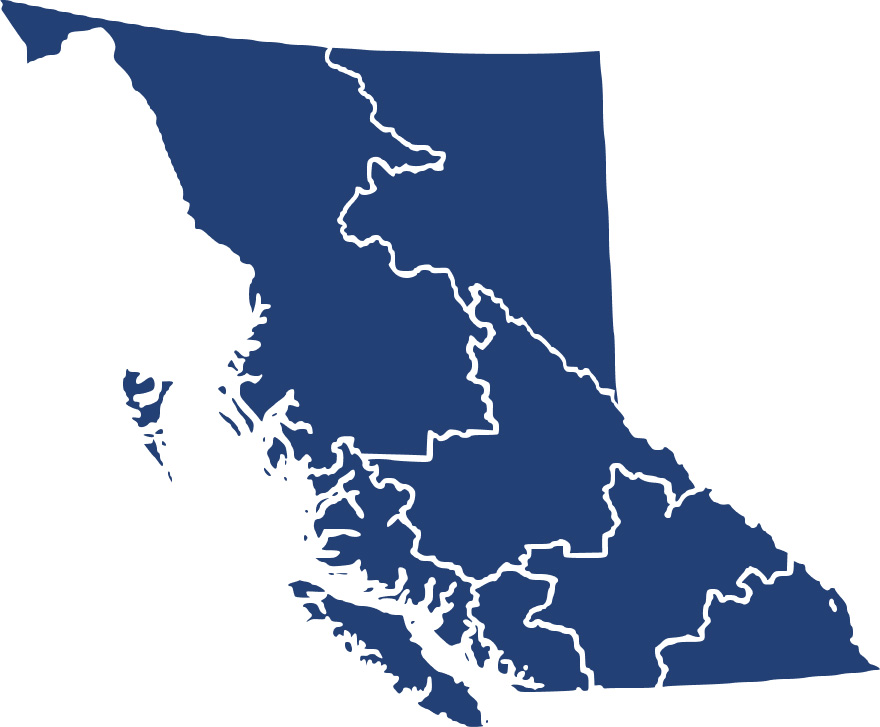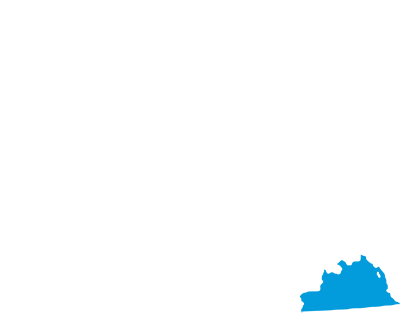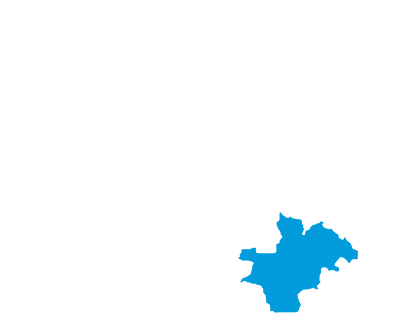Career Overview
Banking, insurance and other financial clerks:
- Compile, process and maintain banking, insurance and other financial information
- Work for banks, credit companies, private and public insurance establishments, investment firms and other financial establishments throughout the private and public sectors
Duties
Bank clerks:
- Compile records of deposits, withdrawals, loan and mortgage payments, cheques and purchases
- Process loan and mortgage applications and payments; retirement savings plan applications; term deposits; and draft and money orders
- Check and balance automatic teller machine transactions, calculate interest payments, and notify customers regarding account discrepancies and stolen bank cards
- Answer questions and provide information on banking products, policies and services
- Sell drafts; money orders; traveller's cheques and foreign currency; rent safety deposit boxes; and open and close savings, chequing and other types of accounts
Insurance clerks:
- Process enrolments, cancellations, claims transactions, policy changes and premium payments
- Review insurance applications and check insurance coverage, premiums paid and other insurance information
- Calculate insurance premiums, pension benefits and annuity payments
- Compile and maintain claims data, rates and insurance data and records
- Answer questions and provide information on insurance products, policies and services
Other financial clerks:
- Compile and maintain rental, sale and other real estate listings
- Compile and maintain stock, bond and other securities listings
- Answer questions and reply to correspondence
- Sort, check and process real estate, securities and other financial transactions
Earnings
Earnings is income that workers receive in exchange for their labour. Depending on the type of employment, earnings can be in the form of wages (hourly), salaries (fixed monthly or annual) or self-employed earnings.
Work Environment
# Workers Employed
2,075% Employed Full Time
65%Banking, insurance and other financial clerks typically work in banks and offices. While these individuals generally work regular daytime hours, some banks and insurance offices are open in the evenings.
Work involves long periods either sitting or standing in a small space, answering customer questions and using a computer. Extended time using a computer may cause muscle strain, eye strain and occasional headaches
Workers in this occupation conduct their work in a fast paced, ever-changing environment in which tasks need to be completed quickly and accurately either in-person or over the telephone. They process a high volume of customer requests and must provide excellent customer service, with great attention to detail.
Career Pathways
With experience, promotion to supervisory positions is possible and may be easier for those willing to relocate.
Related Careers
Occupational Interests
It’s important to understand what kinds of occupations align with your interests.
For more about occupational interests visit Skills for the Future Workforce > Characteristics.
Here are the top occupational interest(s) for this career profile:
Job Titles
Education, Training and Skills
- Workers must have a high school diploma or equivalent
- Experience (1-5 years) working in financial services (fast-paced customer service oriented environments) is often expected
- On-the-job training and short-term training courses or programs specific to the financial establishment are provided by the company
- While not always required, a business college diploma or university degree (in finance or something similar) may be preferred
- Strong computer skills, including the ability to type, as well as retail and cash handling experience are expected
- While workers are not regulated in B.C., insurance clerks who hold the appropriate insurance license may have an advantage
- Workers must be bondable, have basic security clearance, a confidential security clearance, as well as a criminal record check and high credit score
Education programs in B.C.
The following program areas are related to this occupation:
- Business Administration/Management/Commerce

Skills
Every job calls for a certain set of skills. Knowing those skills is the first step in finding a good career fit.
Here, you will find the 10 most relevant workplace skills. Some are more important to achieving success in a certain career than others. These skills may come naturally to you or you may need to gain them through education, training and experience.
See the list of work-related skills below, ranked in order of importance for this career. Check out the list and see if this career matches your skills—take that first step!
Giving full attention to what other people are saying, taking time to understand the points being made, asking questions as appropriate, and not interrupting at inappropriate times.
Understanding written sentences and paragraphs in work-related documents.
Talking to others to share information effectively.
Using logic and reasoning to identify the strengths and weaknesses of alternative solutions, conclusions or approaches to problems.
Managing one’s own time and the time of others.
Communicating effectively in writing as appropriate for the needs of the audience.
Being aware of others’ reactions and understanding why they react as they do.
Considering the relative costs and benefits of potential actions to choose the most appropriate one.
Being able to solve novel, ill-defined problems in complex, real-world settings.
Keeping track of and assessing your performance, other individuals, or organizations to make improvements or take corrective action.
Labour Market Statistics
Discover data, facts and information that have been gathered and analyzed. Learn about the characteristics of the economy and labour market in B.C.
Employment
Find out about employment types and trends by region and industry.
Employment
2,075Employment by Region















| Region | Employment | % Employment of this Occupation |
|---|---|---|
| Cariboo | 35 | 1.7% |
| Kootenay | 35 | 1.7% |
| Mainland/Southwest | 1,555 | 75.1% |
| North Coast and Nechako | 30 | 1.4% |
| Northeast | 0 | 0.0% |
| Thompson-Okanagan | 175 | 8.5% |
| Vancouver Island/Coast | 245 | 11.8% |
Labour Market Outlook
The B.C. Labour Market Outlook is a 10-year forecast of the expected supply and demand for labour in the province. It’s usually updated every year. The purpose is to provide British Columbians with the knowledge to make informed decisions on careers, skills training, education and hiring.
Forecasted Job Openings (2023-2033)
760Forecasted Job Openings
Forecasted Employment Growth Rate
Composition of Job Openings
Job Openings by Region (2023-2033)















| Region | Job Openings | Avg. Annual Employment Growth |
|---|---|---|
| Cariboo | 10 | -0.6% |
| Kootenay | 20 | 0.3% |
| Mainland/Southwest | 530 | 0.6% |
| North Coast and Nechako | Not available | Not available |
| Northeast | Not available | Not available |
| Thompson-Okanagan | 100 | 0.8% |
| Vancouver Island/Coast | 100 | 1.1% |
Industry Highlights
Learn about the opportunities in B.C.'s major industries, including employment trends, earning potential, locations of work and more.
Forecasted Job Openings by Industry
| Industry | Job Openings (2023-2033) |
|---|---|
| Finance, Insurance And Real Estate | 690 |
| Public Administration | 30 |
| Professional, Scientific And Technical Services | 10 |
| Business, Building And Other Support Services | 10 |
| Repair, Personal And Non-Profit Services | 10 |
Resources
Resource information is currently not available.








